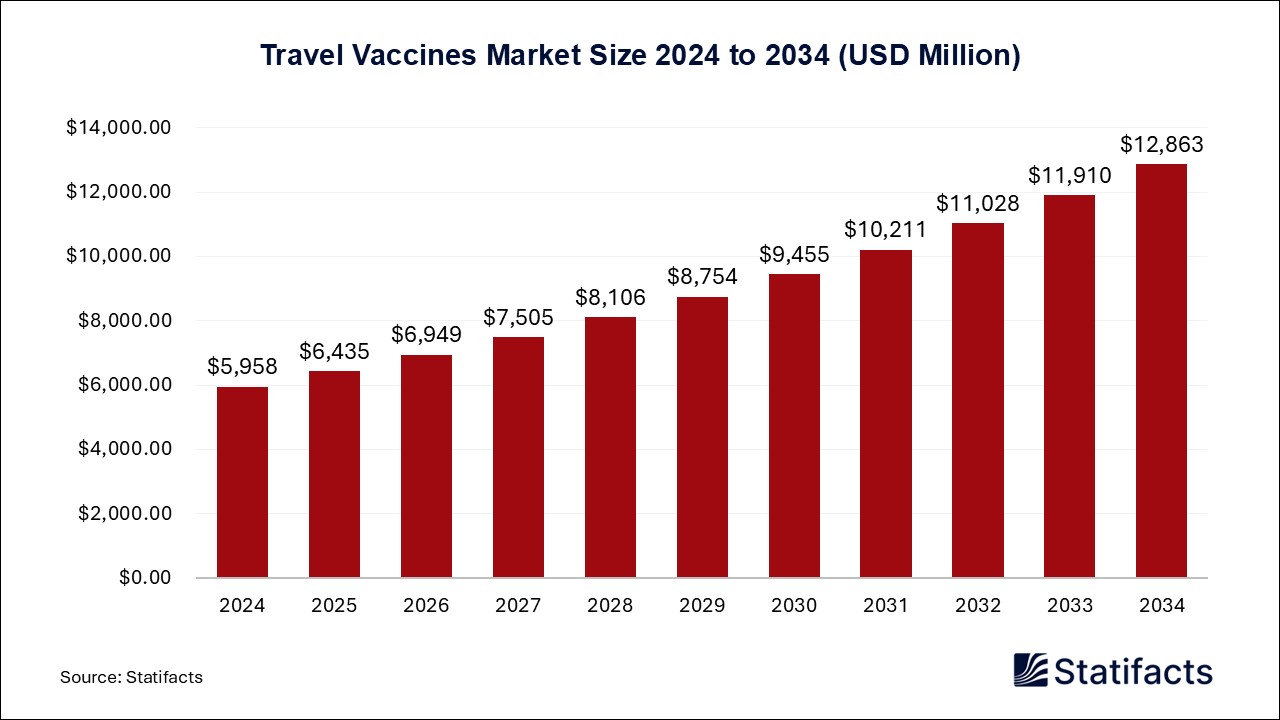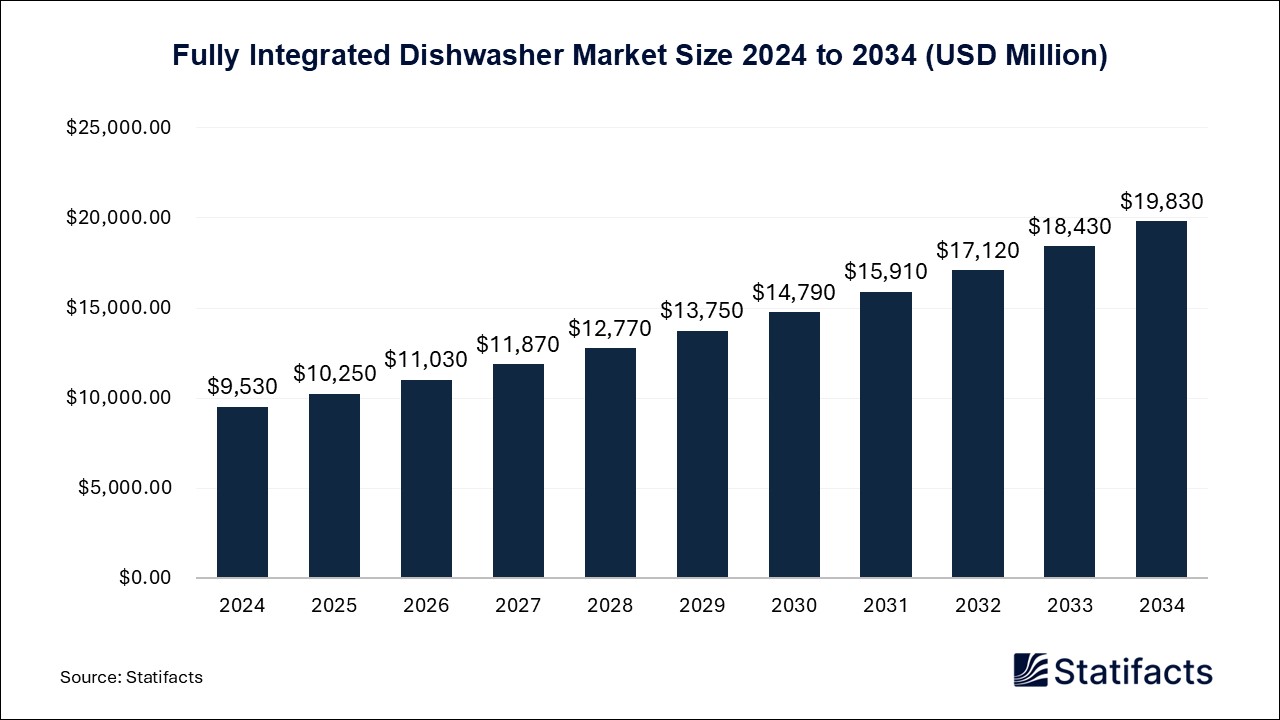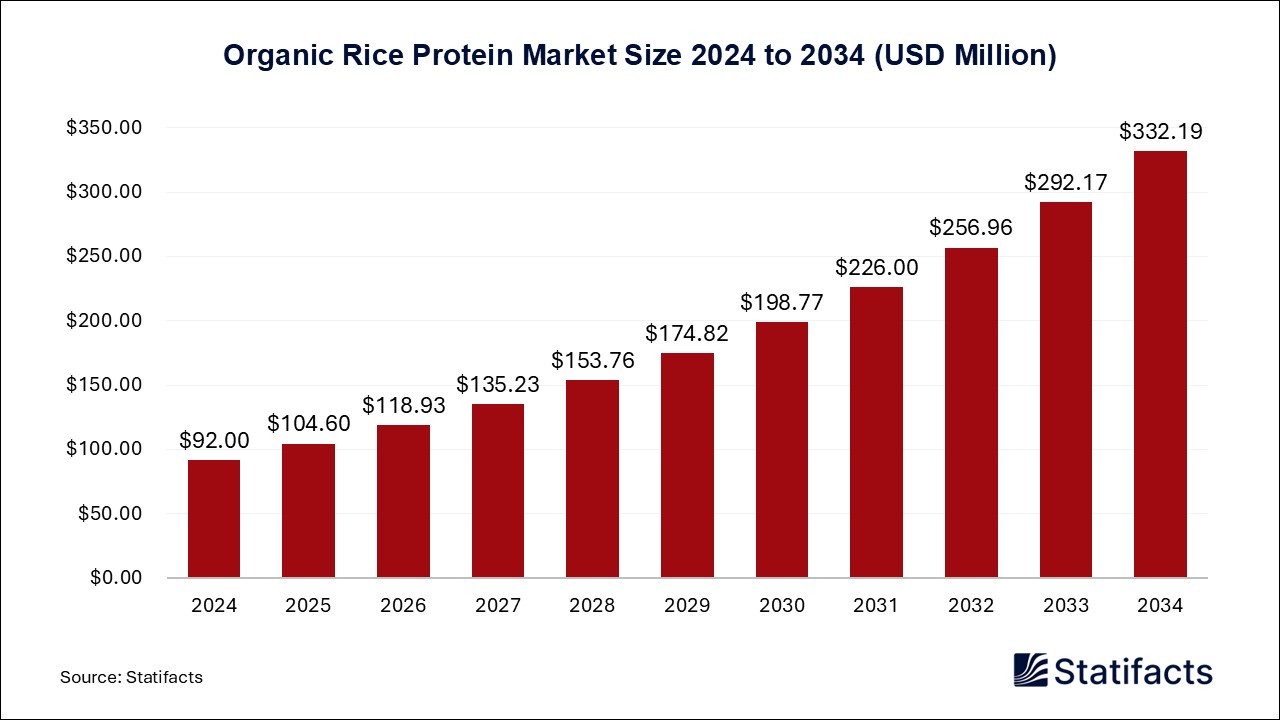

Our customers work more efficiently and benefit from
The global healthcare ERP market size surpassed USD 7,980 million in 2024 and is predicted to reach around USD 15,990 million by 2034, registering a CAGR of 7.2% from 2025 to 2034.
| Industry Worth | Details |
| Market Size in 2025 | USD 8,550 Million |
| Market Size by 2034 | USD 15,990 Million |
| Market Growth Rate from 2025 to 2034 | CAGR of 7.2% |
The healthcare ERP market deals with the use of software solutions to manage administration processes and resources in a healthcare organization. It is used to tackle patient, device, clinical or supplies production, and business procedures and information all over the healthcare manufacturing organization with an exclusive unified database. ERP in the healthcare sector makes it easier for healthcare providers to understand operations, improve efficiency, and convey optimal patient care. As healthcare pursues to evolve, incorporating ERP solutions is paramount in tackling the complex challenges administrators and providers face. Moreover, streamlining the nuances and their numerous applications is vital for unsealing the full spectrum of advantages they provide in the dynamic arena of healthcare management.
North America is anticipated to dominate the healthcare ERP market because of its modern healthcare infrastructure and historically high demand for advanced technologies. The region is looking for wider acquisition of ERP systems, assisting in workflow upgradation and expense reduction, which is boosted by the advantages offered by ERP software, such as enhanced caregiving and resource efficiency. Major market players are stretching their contribution to tackle small and medium-categorized enterprises.
Further, Asia Pacific is anticipated to undergo the fastest growth in the healthcare ERP market during the upcoming years because of increasing healthcare expenses and massive digitization efforts by governments in emerging economies of the region. Moreover, factors such as the demand for health facility management systems, the growth in patient numbers, and the increase in startups lead to this development. Public and private investments in architecture further drive the economic development in the area.
The increasing usage rates of ERP systems among small and medium enterprises are leading to the growing need for these systems to decrease operational expenses and improve functional results, leading to massive scaling of operations in the healthcare ERP market. Centralized patient data permits seamless bursts from remote areas to enhance patient management techniques and patient acquisition. These systems qualify enterprises to amalgamate information produced from human resources, production and inventories, finances and accounting, supply chain cycles, and upgrade back-end processes like accounts management, inventory management, and payroll management. Laboratories and pharmacies have started accepting ERP systems for point-of-sale profiles, inventory management, accounts, purchases, and selling.
High incorporation and maintenance expenses linked with ERP systems are one of the major obstruct to growth enclosed by the healthcare ERP market, mainly among smaller healthcare professionals who face resource and financial limitations when using them. Implementing ERP solutions with preexisting healthcare IT frameworks, like EHRs and laboratory data systems, thus screw up deployment. Privacy concerns and data security pose an extra obstacle, provided that healthcare sectors tackle sensitive patient data. Thus, resistance amongst healthcare staff members and extensive training needs may postpone adoption, which, moreover, stretches the importance of user-friendly ERP solutions that provide expense savings over time.
Integration of AI in ERP solutions is beneficial to the healthcare sector remarkably. Healthcare professionals have commenced blending AI into the electronic health record (EHR) management system to obtain actionable awareness and to assist in offering personalized patient care at reduced expenses. The increasing options for healthcare ERP solutions highlighting AI abilities are venting new opportunities for retailers providing numerous financial uses, ERP systems and business intelligence packages. Incorporating machine learning and natural language processing programs alongside AI in healthcare ERP systems can aid in detecting patients proactively. Algorithms generally used by AI identify patterns amongst patients' clinical records and utilize the data to construct enhanced and augmented procedures for medications and even diagnosis.
The growing adoption and advances, especially in cloud-derived ERP solutions, are expected to drive future growth in the healthcare ERP market. These ERP systems provide various advantages to healthcare corporations, like cost savings, flexibility, scalability, and enhanced accessibility. These solutions permit healthcare professionals to simplify their operations, tackle resources efficiently, and improve collaboration over numerous departments and venues. In addition to this, cloud-derived ERP solutions offer real-time data analytics and addressing capabilities, authorizing healthcare sectors to build data-powered decisions and enhance patient care. The increasing drift towards cloud-derived ERP in the healthcare field is boosted by the demand for integrated and effective management systems to streamline processes and improve operational efficiency as a whole.
Published by Laxmi Narayan , March 2025
For any questions about this dataset or to discuss customization options, please write to us at sales@statifacts.com
| Stats ID: | 8125 |
| Format: | Databook |
| Published: | March 2025 |
| Delivery: | Immediate |
| Price | US$ 1550 |

| Stats ID: | 8125 |
| Format: | Databook |
| Published: | March 2025 |
| Delivery: | Immediate |
| Price | US$ 1550 |
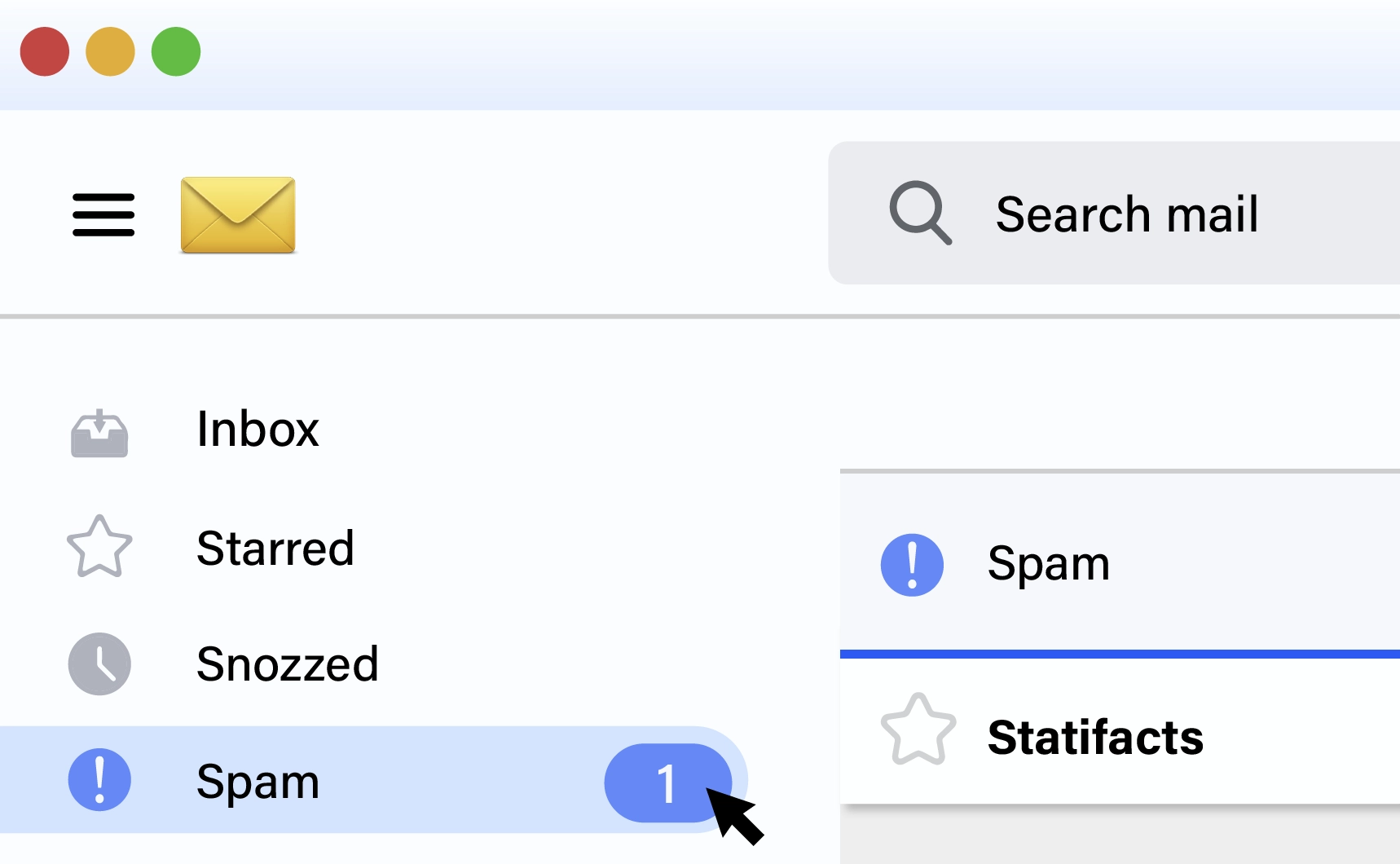
You will receive an email from our Business Development Manager. Please be sure to check your SPAM/JUNK folder too.
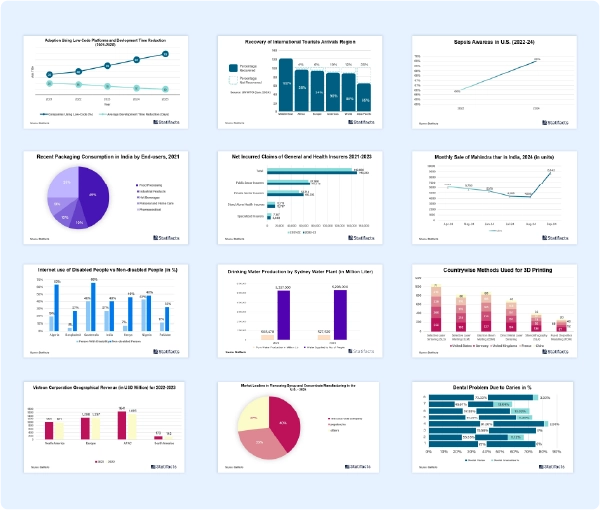
Unlock unlimited access to all exclusive market research reports, empowering your business.
Get industry insights at the most affordable plan
Stay ahead of the competition with comprehensive, actionable intelligence at your fingertips!
Learn More Download
Download